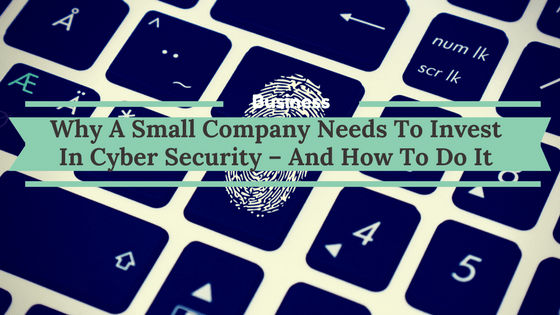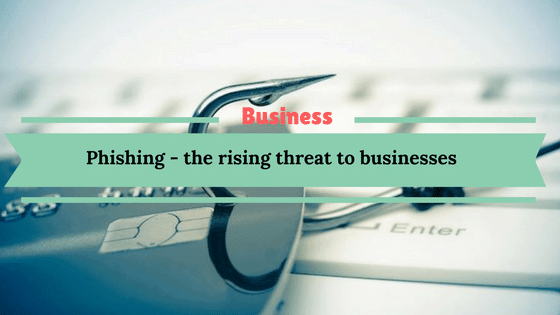Wherever there is money being made or valuables being kept, you can bet the farm that there are also criminals looking to gain access to those things. It took no time at all for the term “cyber criminal” to enter the common vernacular.
Like investing in locks for our doors, it is crucial, in today’s computerized world, to also invest in locks for our computers, servers and other appliances. But, beyond securing our systems, it is also essential to learn how to avoid behaviors that increase your risk of attracting cybercriminals.
Here are four ways that you can dodge criminals and avoid becoming their victim.
Avoid web sites Without The HTTPS
When your browser (and you) visit a website, your browser communicates with the site through the “hypertext transfer protocol.” That’s the H-T-T-P.
The S of the acronym stands for secure, which means any data sent between the website and you is encrypted and better protected against outsiders trying to glimpse your personal information.

Not every site is designed with the HTTPS protocol, which means the communication between you and the website is easier to see, and it could open the door for a hacker to gain access to your system and information.
You can identify if a website is secured because the website address starts with “https;” many browsers have a padlock signal next to the address bar that also indicates a secured site. Like avoiding a poorly lit neighborhood after dark, staying away from non-HTTPS websites is a much safer practice.
Backup And Store Valuable Information Off-Site
One of the easiest ways to deter cybercriminals is to have nothing valuable for them to access in the first place. That’s why a lot of businesses store their most valuable information, passwords and client details on an off-site server. Depending on the size of your business and its data, you may be able to use a simple flash drive or external hard drive as your backup.
You can even add another layer of security and encrypt these storage devices also. For more extensive companies with more enterprise data and a broader infrastructure with lots of different nodes all producing data that needs to be encrypted, it may be more appropriate to look at a server appliance for backups. These systems provide a central interface that can be helpful for lots of incoming data sources.
Stay On Top Of Updates
There are two types of people when it comes to software updates. The people that update right away and the people that press “remind me later” a few hundred times before finally giving in.
If you want to dodge cyber criminals, you should aim to act as the first individual. When your system and its software (especially antivirus software) is updated to the fullest, you have the most amount of protection and an assurance that your system is in peak performance.
You can think of it like keeping your car properly maintained. You make sure it has fluids, and the oil has been changed recently, tires rotated and so on. This keeps the machine running stronger for longer. It’s the same for your computer systems. A poorly maintained car is prone to breaking down, as is a computer. When a computer starts to deteriorate and run into errors, it becomes more susceptible to cybercriminal attacks.
Routinely Change Passwords
People underestimate how powerful their passwords are. Hollywood dramatizations of the techy, hacker underworld paint a picture where a sophisticated cyberspy can bust through your passwords like tissue paper in mere moments, before turning to his or her cohorts and issuing the classic line: “I’m in!” In the non-Hollywood, real world, passwords aren’t easily broken.

There are only two ways to access password-protected information and accounts: know the password or steal the password. That’s what hackers are typically looking for when they take information or watch communications between a website and a user.
They want passwords that will allow them to gain access to accounts and gain even more knowledge. Your passwords are your thickest walls, regarding keeping out cybercriminals.
The stronger the password and the more often you change it, the more reinforced those walls will be. So, avoid using phrases with personal information that a hacker may be able to obtain elsewhere (like your pet’s name and birthday).
The most robust passwords are random combinations of numbers and letters, with both lowercase and uppercase. These can be harder to remember than the pet-birthday variety, so you may have to keep a record of your password.

Conclusions
Avoiding cyber criminals means eliminating your risky Internet behaviors and building up stronger walls around your most important and sensitive of data. The more time you spend on security, the less time you’ll spend worrying about cyber attacks.
 Cyber Security Magazine
Cyber Security Magazine





